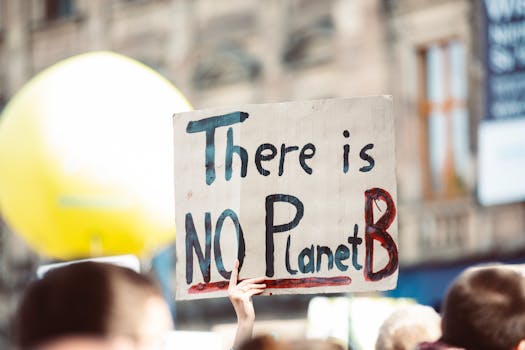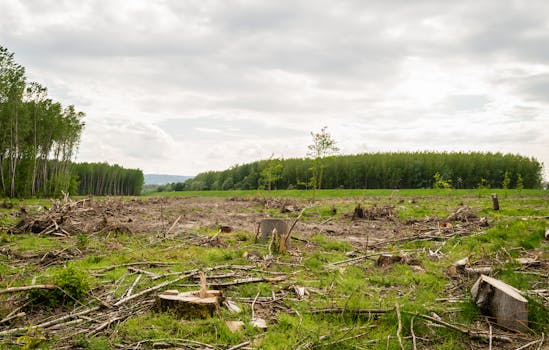
Climate Change Impact on Global Ecosystems
Introduction to Climate Change and Global Ecosystems

Climate change, driven by human activities such as burning fossil fuels and deforestation, is having a profound impact on global ecosystems. The focus keyword of this discussion is climate change and its effects on the delicate balance of our planet’s ecosystems. Rising temperatures, altered precipitation patterns, and increased frequency of extreme weather events are altering the distribution, behavior, and extinction risk of many plant and animal species.
The consequences of climate change are widespread and can be seen in various ecosystems around the world, including coral reefs, polar regions, and forests. Climate change is not only an environmental issue but also has significant social and economic implications. Understanding the impacts of climate change on global ecosystems is crucial for developing effective strategies to mitigate its effects and ensure the long-term sustainability of our planet.
Impacts on Biodiversity and Ecosystem Services

One of the most significant impacts of climate change is on biodiversity. Changes in temperature and precipitation patterns are altering the distribution and abundance of species, leading to a loss of biodiversity. Many species are shifting their ranges poleward or to higher elevations in response to changing climate conditions, which can lead to changes in community composition and ecosystem function.
Climate change also affects ecosystem services, which are essential for human well-being. Ecosystem services include pollination, pest control, nutrient cycling, and climate regulation, among others. Changes in ecosystem services can have significant impacts on human health, livelihoods, and the economy. For example, changes in pollination services can impact agricultural productivity, while changes in climate regulation can increase the risk of extreme weather events.
Regional Impacts and Vulnerability

The impacts of climate change vary by region, with some areas being more vulnerable than others. Polar regions, for example, are experiencing some of the most rapid changes, with melting sea ice and thawing permafrost having significant implications for global sea levels and ecosystems. Coral reefs, found in tropical regions, are also highly vulnerable to climate change, with rising sea temperatures causing mass coral bleaching events.
Other regions, such as forests and grasslands, are also experiencing significant impacts from climate change. Changes in fire regimes, drought patterns, and temperature increases are altering the structure and function of these ecosystems, with implications for biodiversity, ecosystem services, and human livelihoods.
Conclusion and Future Directions

In conclusion, the impact of climate change on global ecosystems is a pressing issue that requires immediate attention and action. The effects of climate change are far-reaching and can have significant implications for biodiversity, ecosystem services, and human well-being. Understanding the impacts of climate change and developing effective strategies to mitigate its effects are crucial for ensuring the long-term sustainability of our planet.
Future research directions should focus on improving our understanding of the impacts of climate change on global ecosystems, developing effective strategies for mitigating its effects, and promoting sustainable practices that reduce greenhouse gas emissions and support ecosystem resilience.





